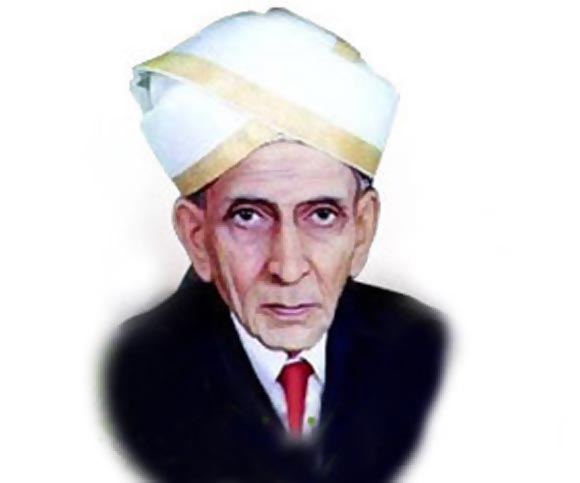
Every year India celebrates Engineers' Day in honour of Bharat Ratna Sir Mokshagundam Visvesvaraya, one of India's most notable engineers. Born on September 15, 1860, Sir MV, as he was popularly known, was knighted as a Commander of the British Indian Empire by King George V for his myriad contributions to the public good.
Vijay Mhaskar, vice president, Information Management Group, Symantec, shares his insights on how India can offer innovations in the sunrise sector of cloud computingIt is engineers' day on September 15 -- a day to celebrate the creative and technical spirit of Indian engineers, who have contributed towards India's rising success globally. Engineering excellence touches every aspect of life today – from the alarm on smartphones, to the gadgets that allow access to information at any time.
Technology is triggering a shift in the way people and organisations interact, especially with the advent of cloud computing, virtualisation and mobility. In addition, the growth of digital devices and all time access to information is contributing to an information explosion leading to the Big Data phenomenon.
In this time of change, there is an urgent need to stay relevant in order to continue the technology-leadership that India has created for itself. And engineers need to be at the vanguard of this shift, leading the way as the rest of the country navigates new technologies and trends. Just as we took advantage of Y2K to firmly establish our dominance in the software space, cloud, virtualisation and mobility today present great opportunities. Preparing for these opportunities, however, is no easy task.
For example, the cloud represents a great leap in a distributed model where the location of data and applications has become irrelevant. It brings access, cost-efficiencies and scalability to an organisation, and is unsurprisingly becoming a very popular technology delivery model. From an engineering standpoint, cloud questions the fundamental principles and attributes that have been the de facto system for the past 30 years. Designing systems and applications that are operated and accessed on the network is a paradigm shift from developing them on-premise. Engineers accustomed to developing applications for computers that are static/hard-linked now need to account for a more dynamic and heterogeneous environment.
Cloud moves the computing or storage remotely and the end-user may not have any visibility into this environment. The distributed nature of cloud computing brings into focus network connectivity -- wide area networks (WANs), performance, bandwidth and availability have become critical. Engineers who are qualified to create, maintain and operate high-performance networks are therefore in great demand.
MUST READ: Just what is wrong with India's engineering graduates?

From the application development point of view, response time and scalability have become very important. We have moved from a world dominated by one platform or operating system, to one where multiple operating systems are used in the same environment. Application designers need to factor in compatibility, portability and interoperability at the beginning of the development process, rather than explore success on one platform and then design for another.
Engineers also need to be mindful of the dynamic business requirements. As engineers we need to think innovatively on the ways in which technology can delight customers. To do this, innovation must be ingrained in everything -- from designing to documentation and beyond. In effect innovation cannot be a 'one off' activity, it has to be a culture, an inherent behaviour and a way of life.
Consider a case for software-as-a-service. For such a cloud delivery model to be viable, operating costs need to be maintained at a minimum. Therefore, engineers should ensure fast deployments at low overheads. No business can afford extended IT shutdowns, which means there is an opportunity for engineers to develop new methods to minimise downtime during maintenance, backups and other routine tasks.
Similarly, businesses are demanding engineers who can answer pressing questions around data security and privacy. For instance, if a CEO brings his tablet to work, how can company information on this device be treated differently from his personal photographs or videos? When the device is not in control of the organisation, but it is the company's data that is being accessed, security, isolation and privacy are significant opportunity areas for engineers of the future.
Unfortunately, Technology-Schools today are still focused on teaching engineers to work within a monolithic architecture. Instead, the future demands skills attuned to network performance and distributed computing models. Engineering graduates currently get trained in languages that are more static in nature but require extensive exposure to dynamic computing languages such as Java to write production code.
With large technology firms and Indian software companies rolling out new offerings to enable cloud computing, virtualisation and mobility IT trends, there is a definite need to not only build awareness among customers, but also ensure that engineering talent is equipped with the right skill sets.
At this point, industry is ahead of engineering education. To maintain the headstart and reputation that India has worked so hard to create in the IT world, this gap needs to reduce considerably and soon.